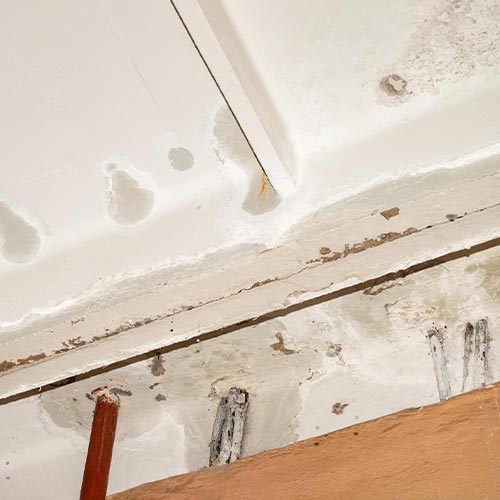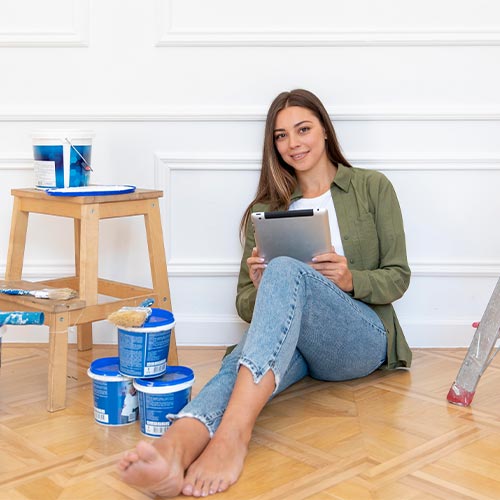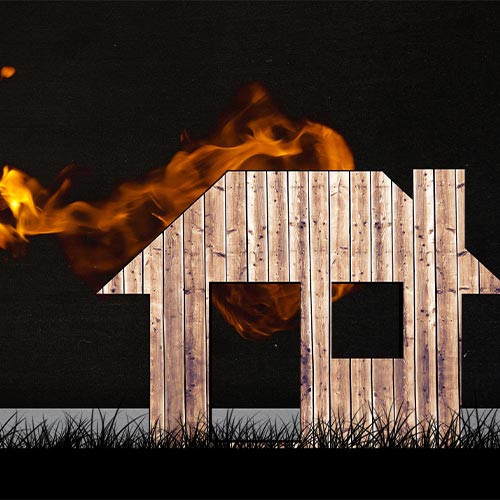Common Signs of Basement Water Damage You Shouldn’t Ignore
When it comes to maintaining the structural integrity of your home, one of the most overlooked areas is the basement. Yet, it’s one of the most vulnerable parts of any home when it comes to water damage. Recognizing the early signs of water damage in basement spaces is essential not only to prevent costly repairs but also to safeguard your family’s health and well-being.
Many homeowners only realize there’s a problem when it’s too late—when they see a puddle or smell mold. But the reality is that water damage begins long before these obvious clues appear. Subtle signs of water damage in basement areas may go unnoticed for weeks or even months. That’s why it’s critical to understand what these signs are and how they manifest in your home environment.
Why is the basement so prone to water damage? First, basements are located below ground level, making them more susceptible to water intrusion from rain, snowmelt, or plumbing issues. Without proper drainage and waterproofing, water can easily seep through foundation walls or cracks in the floor. When you’re unaware of the signs of water damage in basement spaces, this kind of slow and steady infiltration can lead to significant structural problems, such as wall bowing, mold infestation, and even compromised foundations.
One of the most telling signs of water damage in basement rooms is a musty odor. While it might seem harmless at first, this smell is often a result of moisture accumulating in hidden areas, creating the perfect breeding ground for mold and mildew. Another warning sign is efflorescence—a white, chalky substance that forms on basement walls, usually indicating the presence of water within or behind the surface.
Not only does water damage create an unhealthy living environment, but it can also reduce your property’s value. Potential buyers are quick to back off if they notice signs of dampness, mold, or previous water issues in the basement. Even insurance claims related to basement water damage can be tricky, especially if the damage is due to neglect or poor maintenance.
Understanding the signs of water damage in basement settings helps homeowners take proactive measures. This includes conducting regular inspections, installing sump pumps, sealing foundation cracks, and improving drainage around the home’s exterior. In the sections that follow, we’ll explore the most common indicators of water damage in basements, what causes them, and what steps you can take to restore your home to a dry and healthy state.
By staying alert to these subtle but dangerous signs, you can save yourself thousands of dollars and hours of stress. Let’s dive into the most common and often overlooked signs of water damage in basement spaces—and learn what you can do to fix them before it’s too late.
Transform Your Space with BUILPIRE – Book Your Consultation Today!
1. Musty Odors and Mold Growth
A persistent musty smell in the basement is one of the first signs of hidden moisture. This smell is typically a result of mold or mildew growing in damp and dark spaces. Mold thrives in basements that have poor ventilation and high humidity levels. Even if you don’t see mold, the smell alone is a major red flag.
If left untreated, mold can spread rapidly and become a serious health hazard. Mold exposure is known to trigger allergies, asthma, and respiratory problems, especially in children and elderly individuals.
2. Efflorescence on Walls
Efflorescence refers to a white or grayish powdery deposit on concrete or brick walls. It’s caused by water seeping through the walls and leaving behind salt deposits as it evaporates. While not harmful on its own, efflorescence is a telltale sign that water is intruding through your basement walls and needs immediate attention.
3. Water Stains or Discoloration
Discolored walls or floors are another major indicator of water damage. Stains often appear as yellow, brown, or rusty spots, usually around windows, doors, or floor cracks. These stains don’t just look unsightly—they indicate that moisture is present or has been present in the past.
4. Cracked Foundation Walls
Cracks in basement walls or floors can be caused by natural settling, but they can also be a symptom of water damage. Water puts pressure on the foundation walls, causing them to crack, bow, or even collapse over time. Small cracks may seem harmless, but they can easily expand and let in more moisture.
5. Peeling Paint or Wallpaper
Moisture buildup behind walls can cause paint or wallpaper to peel, bubble, or warp. This is especially common in finished basements, where drywall and decorative finishes are used. If you notice bubbling or flaking, it’s a clear sign that water is getting into areas it shouldn’t.
6. Warped Flooring
Wooden or laminated flooring in the basement can begin to buckle or warp when exposed to water. Warped floors not only look bad, but they also compromise the integrity of your home’s interior and can be dangerous to walk on.
7. Pooling or Standing Water
Perhaps the most obvious sign is standing water on the floor. If you notice puddles after a heavy rain or snowmelt, it’s a clear indication that your basement is not properly sealed or your drainage system is failing.
8. High Humidity Levels
A constantly damp or sticky atmosphere in the basement could indicate water is present somewhere nearby. Using a hygrometer, homeowners can check humidity levels. Anything above 60% should be addressed immediately.
9. Rust on Metal Fixtures
Moisture can cause metal support beams, pipes, or appliances to rust over time. Rust is not just a cosmetic issue; it weakens the structure of metal and can lead to dangerous failures in plumbing or construction materials.
10. Increased Allergy Symptoms
A hidden sign of water damage might actually show up in your body. If you or your family experience frequent allergy symptoms like sneezing, coughing, or itchy eyes when spending time in the basement, it might be due to mold or mildew hidden behind walls or under flooring.
Prevention Tips
-
Ensure your gutters and downspouts direct water away from your foundation.
-
Install or maintain a sump pump in your basement.
-
Seal cracks in the foundation with waterproof materials.
-
Use a dehumidifier to keep humidity levels under control.
-
Improve basement ventilation with fans or air exchangers.
-
Regularly inspect your basement after heavy rains or snowmelt.
For more ideas and guidance, follow us on Instagram.
Why You Shouldn’t Delay Repairs
Delaying action when you notice signs of water damage in basement areas can cost you more in the long run. Minor signs may be masking major structural or health risks. Immediate intervention can prevent the spread of mold, the degradation of building materials, and steep home repair bills.
Trust Builpire for Professional Basement Restoration
If you’re experiencing any of these issues, don’t wait. Builpire is a trusted name in home restoration and interior design, offering expert solutions for water damage repair, basement remodeling, and complete home makeovers. With years of experience and a commitment to excellence, Builpire transforms damaged spaces into beautiful, functional areas once again. Contact Builpire today for a consultation and protect your home from further harm.
FAQs About Signs of Water Damage in Basement
1. What are the most common signs of water damage in a basement?
Common signs include musty odors, visible mold, peeling paint, water stains, efflorescence, and standing water. These indicators usually suggest underlying moisture problems.
2. How do I know if my basement has hidden water damage?
You might notice subtle clues like increased humidity, rust on metal objects, or allergy symptoms. A moisture meter or professional inspection can confirm hidden damage.
3. Can basement water damage cause health problems?
Yes, especially if mold is involved. Mold can cause respiratory issues, allergies, and skin irritation, particularly in sensitive individuals.
4. What causes water damage in basements?
Common causes include poor drainage, foundation cracks, faulty plumbing, and heavy rainfall or snowmelt that seeps into the basement.
5. Is water damage in the basement covered by insurance?
It depends on your policy. Some insurance plans cover water damage from burst pipes but not from floods. Always review your policy carefully.
6. How can I prevent water damage in my basement?
Preventative steps include installing sump pumps, sealing cracks, using dehumidifiers, and maintaining proper drainage around your home.
7. When should I call a professional for basement water damage?
If you notice visible mold, persistent leaks, or structural issues, call a professional immediately. Experts like Builpire can assess and restore your basement effectively.




